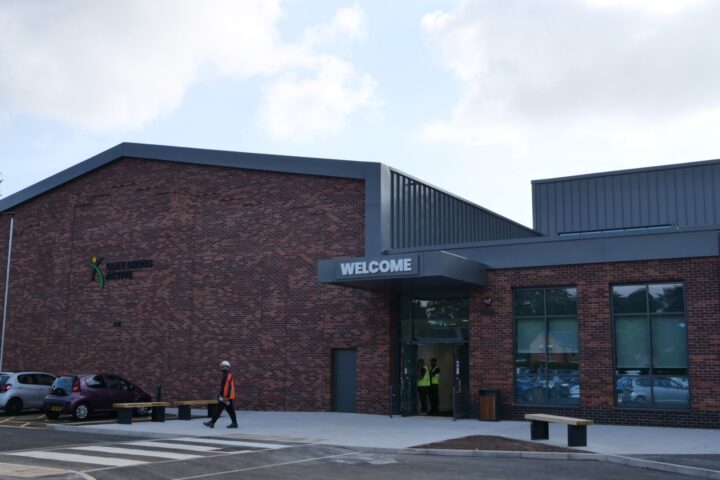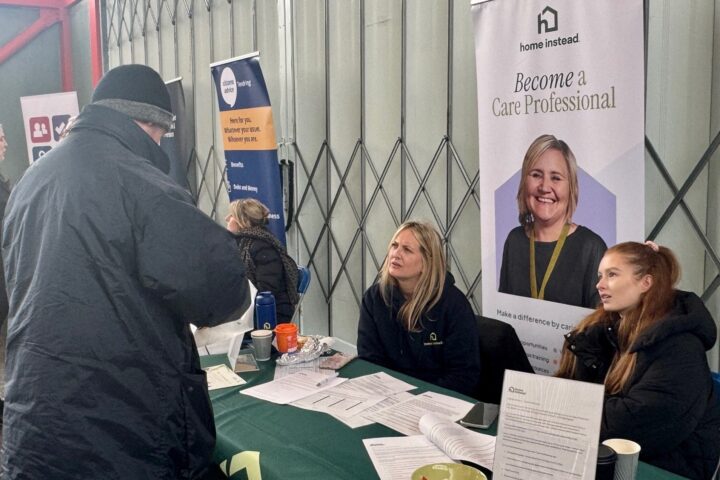Loughborough University has opened its new DigiLabs, a set of digital learning spaces backed by a £5.8m grant from the Office for Students and extra university funding.
The labs focus on artificial intelligence (AI), simulation and modelling, extended reality, robotics, and 3D data capture.
They are spread across three refurbished sites on campus.
The DigiLabs include technology such as Proto Hologram devices for live holographic teaching, virtual reality headsets, the Anatomage Table for 3D anatomy, humanoid robots, 3D scanners, drones and high-performance computing.
Professor Sam Grogan, pro vice-chancellor of education and student experience at Loughborough University, said: “DigiLabs keep us at the forefront of teaching, learning and research, because it’s clear the next half-century will be shaped by these technologies, both at work and in the day-to-day lives of wider society.
“I can’t see a role that won’t be impacted in some way by this world, these technologies, and the thinking that emerges from their use.
“Enabling our students to be conversant with this world as an integrated part of our everyday education, research, and student experience allows us to prepare our students to thrive.”
Architecture students have used a 3D immersive wall in DigiLab West to explore landscapes such as Britain’s coastlines and London’s cityscape.
Meanwhile, computer science students have used the space to programme robots and develop their coding skills with advanced kit and high-spec computers.
The first group of master’s design students have completed a module on immersive futures, all receiving a VR headset to design and test XR prototypes for real-world industries.
DigiLab Central is due to open in 2026 with more new technology.
Grogan said: “Where we’re really going is towards the adoption of the various technologies in DigiLabs across our teaching and learning such that they become business-as-usual.
“I’m excited to see how our students and staff will continue to push the boundaries of what’s possible with these tools.”

















